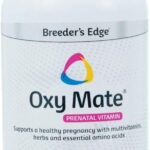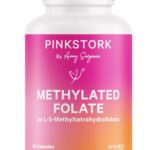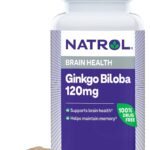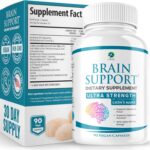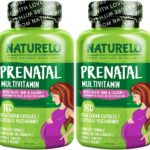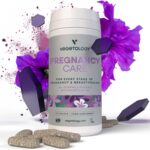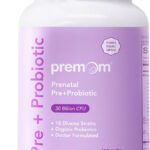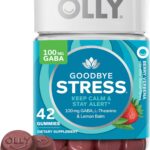Spot On! How a Retinol Serum Can Save Your Skin from Breakouts and Blemishes
Understanding the Power of Retinol
When it comes to skincare, few ingredients have garnered as much attention and acclaim as retinol. A derivative of vitamin A, retinol has been hailed as a miracle worker for its ability to combat a range of skin concerns, from fine lines and wrinkles to acne and hyperpigmentation. But what exactly is retinol, and how can it save your skin from breakouts and blemishes?
The Science Behind Retinol
Retinol works by increasing cell turnover, which helps to unclog pores and reduce the appearance of fine lines and wrinkles. It also helps to reduce inflammation, which can exacerbate acne and other skin concerns. When applied topically, retinol can penetrate deep into the skin, where it can stimulate collagen production and improve skin elasticity. This makes it an ideal ingredient for addressing a range of skin concerns, from acne-prone skin to mature skin.
The Benefits of Retinol for Acne-Prone Skin
For those with acne-prone skin, retinol can be a game-changer. By unclogging pores and reducing inflammation, retinol can help to prevent breakouts and reduce the appearance of acne scars. It can also help to reduce the size and redness of pimples, making it an effective treatment for mild to moderate acne. Additionally, retinol can help to prevent the formation of new acne, making it a great preventative measure for those who are prone to breakouts.
The Benefits of Retinol for Mature Skin
While retinol is often associated with acne-prone skin, it can also be incredibly beneficial for mature skin. By stimulating collagen production and improving skin elasticity, retinol can help to reduce the appearance of fine lines and wrinkles. It can also help to improve skin texture and tone, leaving skin looking smoother and more radiant. Additionally, retinol can help to reduce the appearance of age spots and hyperpigmentation, making it an effective treatment for mature skin.
The Best Ways to Use Retinol
When it comes to using retinol, there are a few things to keep in mind. First, start with a low concentration and gradually increase as your skin becomes more tolerant. It’s also important to use retinol at night, as it can make skin more sensitive to the sun. Additionally, be sure to follow up with a moisturizer to help soothe and hydrate the skin. Finally, be patient – retinol can take some time to work its magic, so don’t get discouraged if you don’t see results right away.
Combining Retinol with Other Skincare Ingredients
While retinol is incredibly effective on its own, it can also be combined with other skincare ingredients to enhance its benefits. For example, combining retinol with a hyaluronic acid serum can help to lock in moisture and reduce the appearance of fine lines and wrinkles. Similarly, combining retinol with a salicylic acid treatment can help to unclog pores and reduce the appearance of acne scars. The key is to find a combination that works for your skin type and concerns.
The Risks and Side Effects of Retinol
While retinol is generally considered safe and effective, there are a few risks and side effects to be aware of. For example, retinol can cause redness, itching, and irritation, especially in sensitive skin. It can also make skin more sensitive to the sun, which can increase the risk of sunburn and skin damage. Additionally, retinol can cause dryness and flakiness, especially in dry or mature skin. However, these side effects are usually temporary and can be minimized by using a gentle moisturizer and taking other precautions.
Choosing the Right Retinol Product
With so many retinol products on the market, it can be overwhelming to choose the right one. However, there are a few things to look for when selecting a retinol product. First, look for a product that contains a high concentration of retinol (usually around 0.5-1.0%). Next, consider the type of retinol used – encapsulated retinol can be gentler on the skin than free retinol. Finally, be sure to read reviews and do a patch test to ensure that the product is suitable for your skin type and concerns.
The Bottom Line
In conclusion, retinol is a powerful skincare ingredient that can help to combat a range of skin concerns, from acne and hyperpigmentation to fine lines and wrinkles. By understanding the science behind retinol and using it correctly, you can unlock its full potential and achieve the glowing, healthy skin you’ve always wanted. Whether you’re struggling with acne-prone skin or mature skin, retinol can be a game-changer – so don’t be afraid to give it a try.
